
Pros & Cons of Cloning Animals. The famous Dolly was the first-ever cloned sheep. When she came into the world, she ushered in a new era. While cloning may seem like the wave of the future, it has its critics who argue that we should leave well enough alone.
Since cloning enables scientists to choose the genes they want to pass on to the clone, they can choose the healthiest and best-performing animals to clone. A cow that produces 3 times as much milk can be cloned in order to allow farmers to produce a year's worth of milk with a third of the cow population normally needed.
For people who breed animals for competition, cloning brings with it the opportunity to clone show winners every time. Cloning an award-winning animal means having more award-winning animals after the original is past his prime.
Scientists may have to try to clone an animal 100 times or more before the cloning works out successfully. Since scientists use skin cells from an animal for cloning, sometimes the clone fails to develop because the skin cell had to produce cells of other varieties and was incapable of doing that.
Cloned animals who survive to birth often die young. Cloned animals often have abnormalities such as fatty livers or under-developed lungs, causing health problems throughout their lifetimes.
Some people do not want to eat meat or other products from cloned animals, even though the government has said that these foods would be perfectly safe. As long as people oppose it, they will not purchase products that result from it. If this occurs, the whole point of the cloning experiment will be lost.
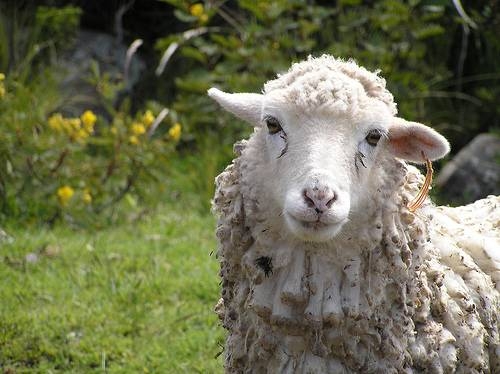 Natural Sheep Lice Treatment
Natural Sheep Lice Treatment
Natural S
Natural Sheep Lice Treatment
Natural Sheep Lice Treatment
Natural S
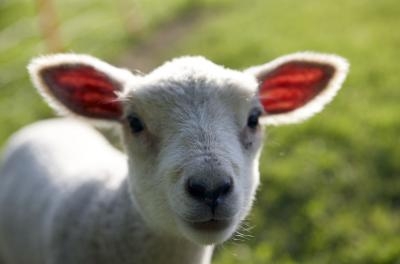 How Much Should I Be Bottle Feeding a Lamb?
How Much Should I Be Bottle Feeding a Lamb?
How Much Should I Be Bottle Feeding a Lamb?
How Much Should I Be Bottle Feeding a Lamb?
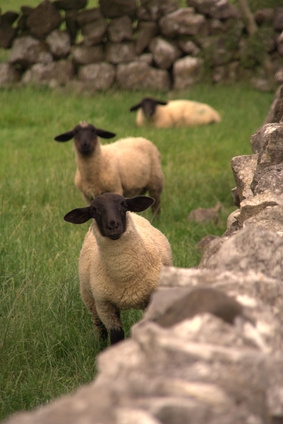 How to Build Leg Muscles on Sheep
How to Build Leg Muscles on Sheep
How
How to Build Leg Muscles on Sheep
How to Build Leg Muscles on Sheep
How
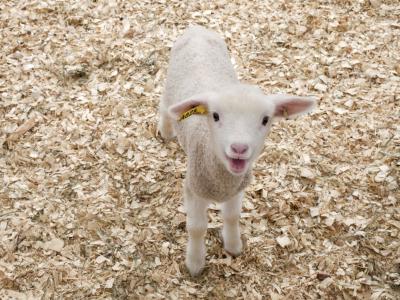 How to Install Blades in an Oster Clipmaster
How to Install Blades in an Oster Clipmaster
How to Install Blades in an Oster Clipmaster
How to Install Blades in an Oster Clipmaster
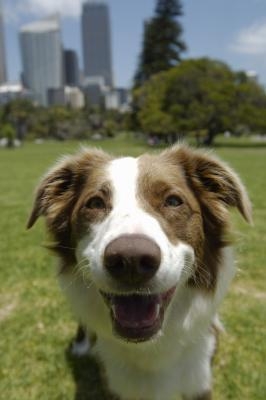 Ways to Keep Your Border Collie Busy
Ways to Keep Your Border Collie Busy
W
Ways to Keep Your Border Collie Busy
Ways to Keep Your Border Collie Busy
W
Copyright © 2005-2016 Pet Information All Rights Reserved
Contact us: www162date@outlook.com